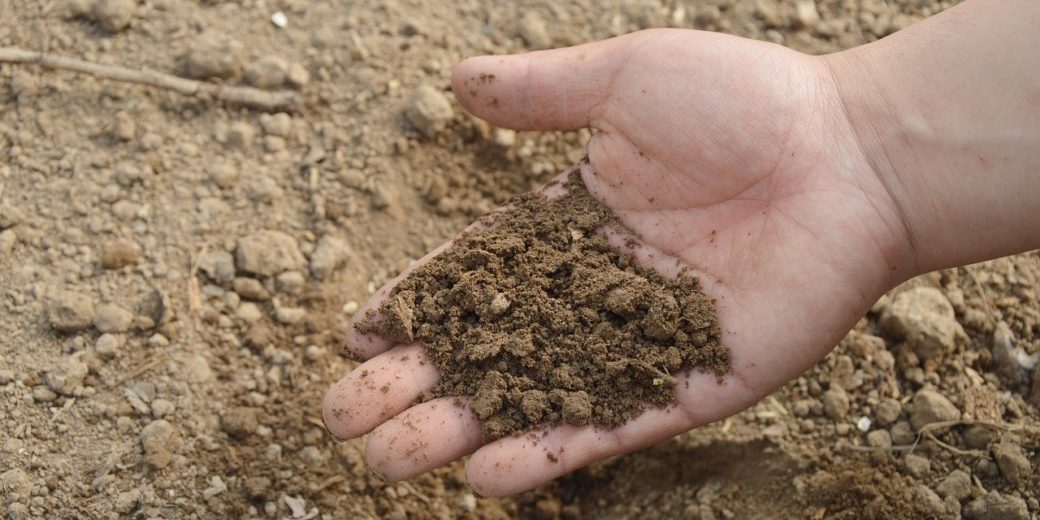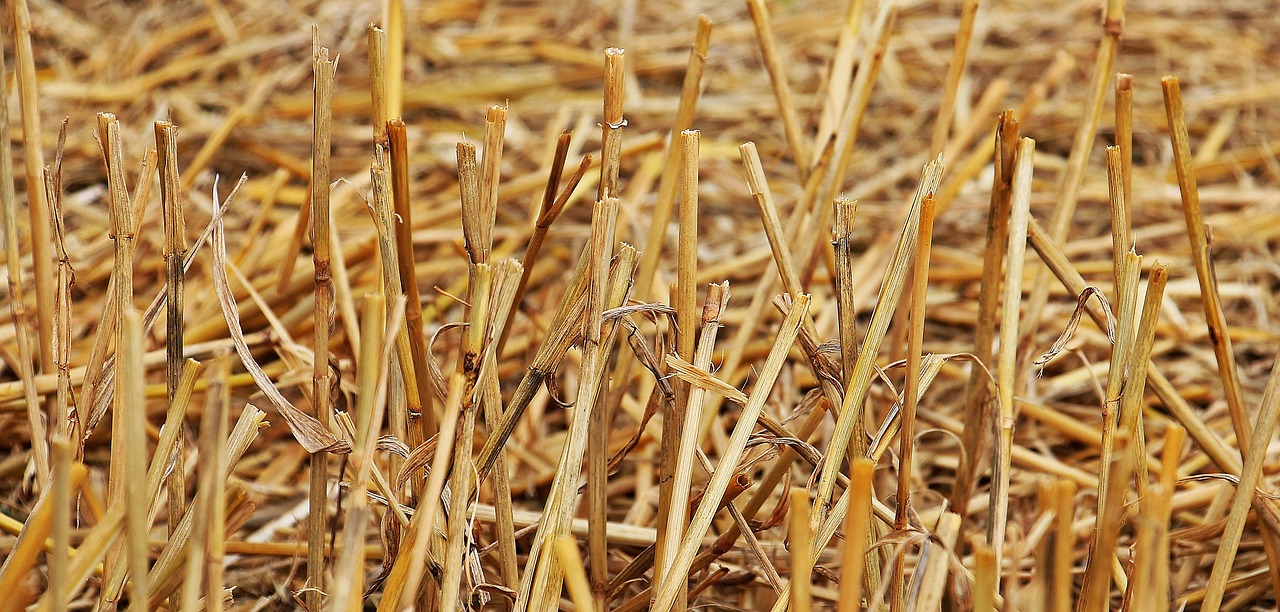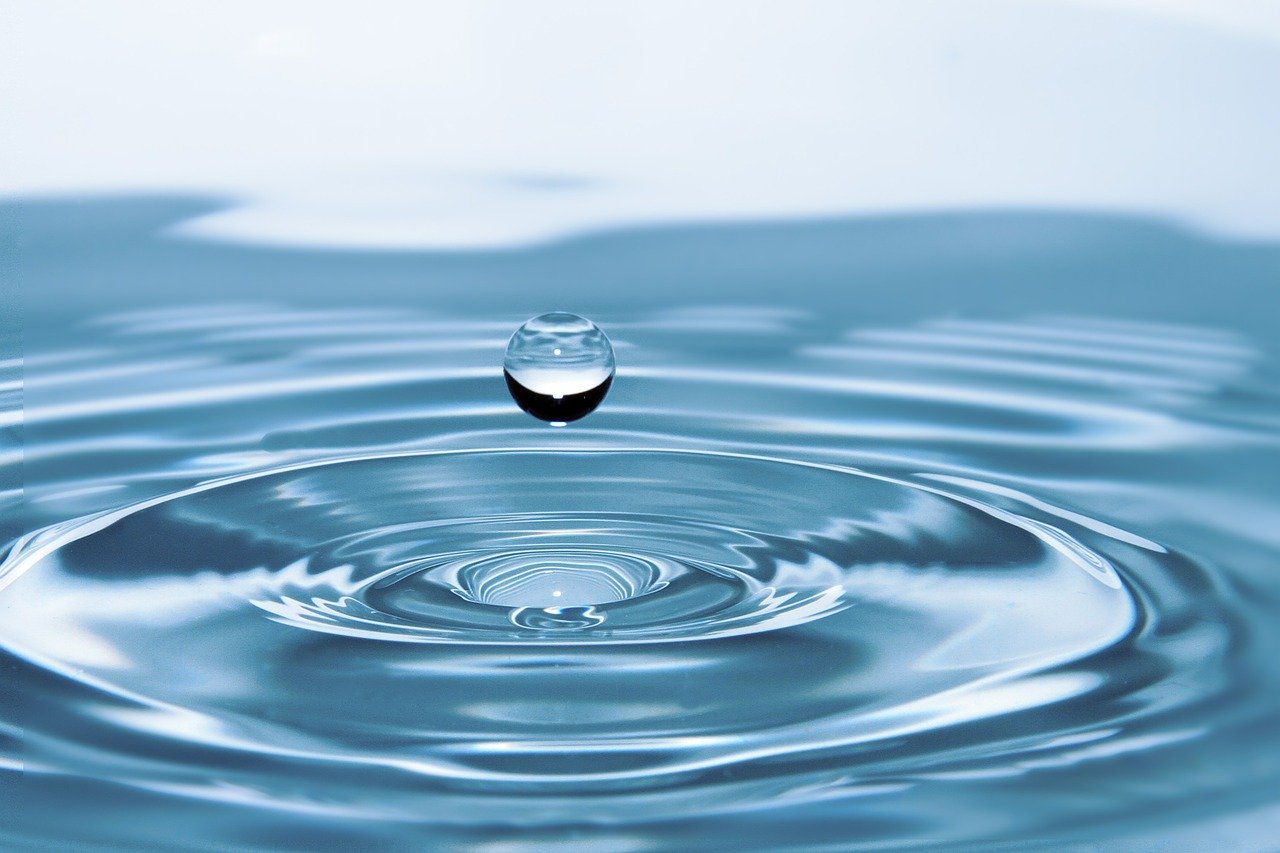How To Start Composting: The Seven Basics

It is common knowledge that fertile soil develops the best plants and gardens. Unfortunately,
many cities do not have optimum dirt for planting, which means you either need to purchase it or makes it yourself. Composting is a natural way of developing highly fertile soil using compostable materials. While not everyone is readily familiar with the process, successful composting begins with seven fundamental steps.
1. Use a Natural Base
If you want to create successful compost, you need to start with a proper foundation. Use a layer of bare natural earth. You want this as a foundation because the natural surface will have worms and other organisms necessary to aerate and benefit your garden beds later. Too many people try to avoid the addition of these organisms, failing to see their necessity in the process.
2. Layer With Straw
Following the layer of natural soil, you will want to add a layer of twigs or straw. Do not be too stingy with this layer. You need the straw to be at a depth of at least two to three inches deep, not compressed. The height of the layer allows for adequate drainage, and it will help aerate the compost later.

3. Alternate Between Moist and Dry Layers
With the foundation layers laid, you can begin putting in moist and dry materials. You want to alternate between layers. Wet ingredients include items like seaweed, food scraps and tea bags. Dry materials include things like sawdust pellets, leaves, wood ashes and straw. However, if you use wood ashes, only add them in thin layers to avoid clumping.
4. Add Nitrogen Source or Green Manure
Manure and nitrogen sources help to speed the process along. Excellent sources of nitrogen
include fruit and vegetable scraps, tea leaves and other table scraps. Green manure is a mix of grass clippings, wheatgrass, clover and buckwheat. You can also use seaweed or kelp, leaves and other natural materials that are healthy nitrogen contributors.
5. Water
Just like you need to water a garden, compost needs hydration. However, you do not want to
soak the materials or cause it to be sodden. You can give it a little water routinely, or allow the rain to do its job. The important thing is to make sure it does not dry out; you want the compost to stay moist.

6. Cover
An essential part of composting is retaining the heat and moisture, which is why covering is vital to the process. You can use anything to cover the material, from wood to plastic or carpet scraps. Applying a cover can also prevent overwatering from heavy rains.
7. Aerate
Finally, you want to aerate your compost every few weeks. Use a pitchfork or shovel to turn the materials. Aerating allows oxygen to enter the soil, which is a requirement of the process. After your compost pile has a good foundation and start, whenever you add new materials, you can mix them in instead of placing more layers.
Composting is one of the best ways to create fertile gardenscapes, which has significant benefits in your life. If you enjoyed this post, consider reading more posts about life and retirement from the Wise Ol' Crow.
